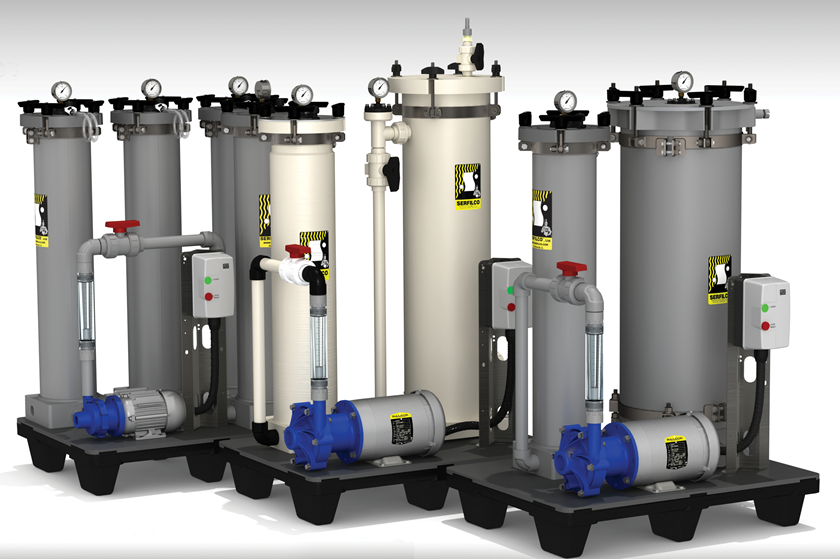On My Mind: Competing vs. Complementary?
Recently, I visited an electroless nickel plating shop in New Jersey.
Recently, I visited an electroless nickel plating shop in New Jersey. During my conversation with the owner, we began to discuss how finishing shops expand the services they offer. The current trend is for plating shops to add a painting or powder coating line to their operation.
As we discussed this phenomenon, the owner revealed to me that he too had considered adding a powder coating line. After some research and evaluation, he decided not to add the powder coating line. Why? He felt that by adding a competing process he would detract from his electroless nickel business. Addition of a competing process would require the shop to quote both processes when it previously would have only quoted one. Essentially, the shop would be doubling the amount of quotes while generating the same amount of business.
Featured Content
Instead of a competing process, the owner decided to add several complementary processes. The processes are complementary in that they use similar equipment and technology to that required for electroless nickel plating but with unique chemistry developed by the shop's research and development department. If, however, the shop had installed a competing process, a whole new set of disciplines and technology would have to be learned by the shop's employees. It would probably require some new employees that had experience with the competing process as well.
What kind of complementary processes did the shop add? Through its own research and development, the shop created plating-like processes to replace hardening, deburring and others. These processes allow the plating shop to use its current knowledge base to attract new customers that it would not have attracted by adding a competing process. After attracting these customers, the shop can introduce them to its complementary processes for consideration.
Which is the best way for you to go? Do you follow the crowd or throw caution to the wind? While it's difficult to determine what's best for you, it's a fundamental strategic question that must be answered by every company.


.JPG;width=70;height=70;mode=crop)
















